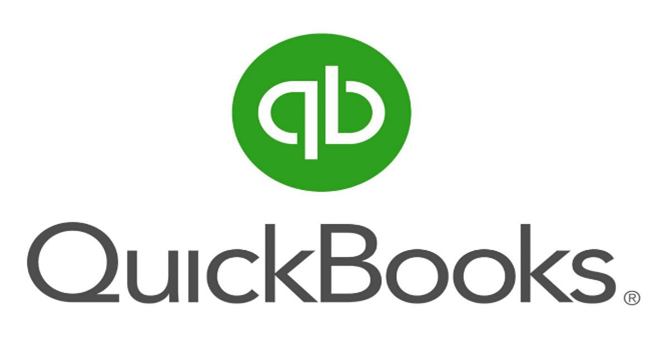8 Ways an Accountant Can Help Your Small Business
What does it take to run a business? Ask anyone, and you'll get answers like “grit,” “determination,” and “hard work.” These aren't wrong — business ownership certainly isn't for the faint of heart. However, there's one thing that no business can succeed without, and that's money. Not just startup capital, although accessing startup funding is a major challenge for new business owners. Rather, it's the ability to manage money that sets successful businesses apart.
Successful money management includes everything from tax compliance to cash flow management, and it's what allows businesses to not only pay their bills but invest in growth.
With good financial management at the core of every business's operations, why aren't more first-time business owners investing in professional accounting services? The truth is, many new entrepreneurs don't understand everything a firm can do for their business. If you're on the fence about outsourcing accounting to a professional firm, here are seven reasons you should.
When you're ready to hire an accounting firm, get in touch with Action Accountants. We are certified public accountants who can help you with all your accountancy, bookkeeping, and taxation needs.
1. Launch your startup
You have a great business idea. What next? An accounting team answers that question with advice on business entities, budgeting, and small business funding.
2. Set a strategic plan
Your accounting team also helps you understand what you're working towards. As part of strategic planning, an accounting team will take your business goals and turn them into key performance indicators (KPIs) that you can track over time.
3. Prepare financial statements
KPIs are just one measure of a business's success. Business owners also need to keep an eye on their finances to avoid cash flow problems. But how do you make sense of all those numbers? Accountants take complex data and turn it into information business owners can use in the form of financial statements.
4. Maintain regulatory compliance
Well-organized finances come in handy at tax time. However, paying income taxes is just one compliance issue on a small business's plate. Accountants also keep businesses in compliance with payroll tax, sales tax, insurance, and annual reporting requirements. They're also a key ally if your business is ever audited.
5. Help you get paid
Your accountant can send invoices to customers for you. While this sounds like a time-consuming process, effective tech tools like QuickBooks can automate and simplify this task by using a system called batch invoicing. With this type of system, you can easily create, send, and duplicate multiple invoices to save time.
6. Pay independent contractors correctly
Businesses are increasingly running into compliance issues regarding independent contractors. In addition to misclassification concerns, many employers haven't kept up with recent changes to Form 1099. As of 2020, 1099-MISC is only used to report miscellaneous income, while non-employee compensation to freelancers and independent contractors is reported on 1099-NEC. While e-file services make it painless to file 1099 forms online, employers still need to know which form to choose.
7. Help you address delinquencies
By keeping close tabs on your financial health, your accountant will also be able to help you with past due payments, and even initiate collection efforts for clients or customers with delinquent accounts. Your accountant can also work with a collection agency to employ recovery methods that benefit you while still upholding customer dignity.
8. Prepare for growth
Eventually, your fledgling startup will be ready to scale. Whether you're hiring more staff, purchasing real estate, entering a new partnership, or adding an enterprise to your business, your accounting team can assess your growing business’s capital needs and help apply for funding. Small business loans are competitive, and small businesses need every advantage they can get.
Every business owner knows the value of an accountant at tax time, but professional accounting services do much more than track deductions and file returns. From the time your business is just an idea to the moment you're ready to scale and grow, a professional accounting team provides the insights you need to make sound financial decisions.



















